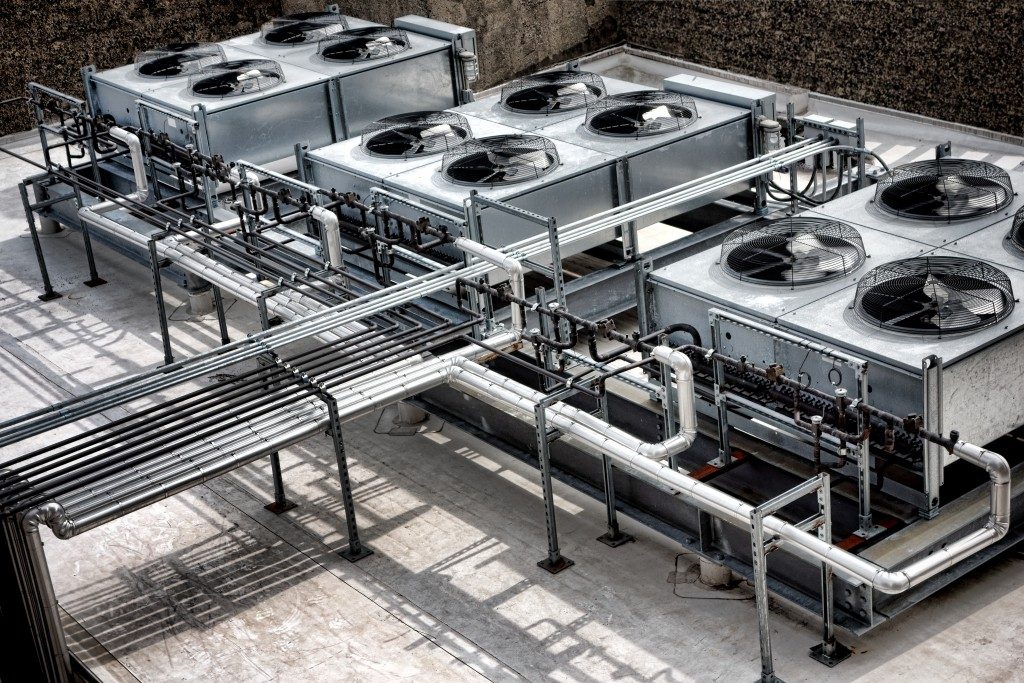Factories often rely on pipes to deliver the amount of liquid needed. You can find a lot of big pipes all around an industrial plant, which is a regular part of the production system. Factory managers must then make sure that the pipes are in good condition if they want to avoid delays in operations. Damages on big pipes might cause leaks that are strong enough to wipe out an entire factory. It takes a lot of pressure to keep water moving in factory pipes, which could result in disasters and casualties. Here is a guide on how you can prevent a dangerous situation from happening.
Train Workers on Safety
Like it or not, most accidents inside the factory happen because of human error. You will not be able to stop accidents from happening inside the plant, but you can find a way to prevent your workers from putting themselves in harm’s way.
You need to engage your employees in safety training to keep them alert when using dangerous equipment. This will help them spot risks and avoid using tools that are not in good condition. It must include lectures on how to keep pipes protected. Pipes show signs of damage before exploding, for example, which gives workers an ample amount of time to stop the water flow. Accidents will not happen when the employees know what to look for.
Buy Reliable Equipment
Human error is responsible for a lot of factory accidents, but they can also happen because of poor material and construction. If you are planning budget cuts for your factory, you must avoid buying cheaper materials with less quality. Pipes are essential to a plant, which means that every part of the pipe must be durable. You should consider buying premium steel for the protective coating of the pipes. You should also find factory-grade equipment to ensure durability. You can find companies that sell industrial pipe valves in Utah, as well as other parts. If the pipes are big enough to occupy a huge amount of factory space, you should consider investing in pipe support.
Ensure a Working System

Pipes might look strong when you look at them, but you should avoid taking a gamble. You will need to perform test runs before adding more liquid and pressure to pipes. The trials will help you determine how much the industrial pipes can take. If the performance is below expectations, factory workers can make improvements and adjustments to get the required flow. When industrial plants manage to get the required performance from pipes, they will be able to start operation. If you decide to use pipes without doing test runs, you might suffer a lot of setbacks because of cracks and bursts.
Perform Regular Maintenance
Like any other equipment, pipes will also need regular maintenance. Pipes often receive damages from improper use of valves or sudden changes in flow pressure. Employees might also damage the pipes, which would require stopping operation. The factory workers must perform maintenance tasks weekly to make sure that the pipes are working in good condition. They must take note of sudden changes to anticipate if the pipes require replacements.
Industrial plants rely on pipes to deliver the liquid they need for production and operation. Because of their important role in the business, the pipes must always be in peak condition. In order to keep the pipes working, you must focus on keeping it safe from damage.

